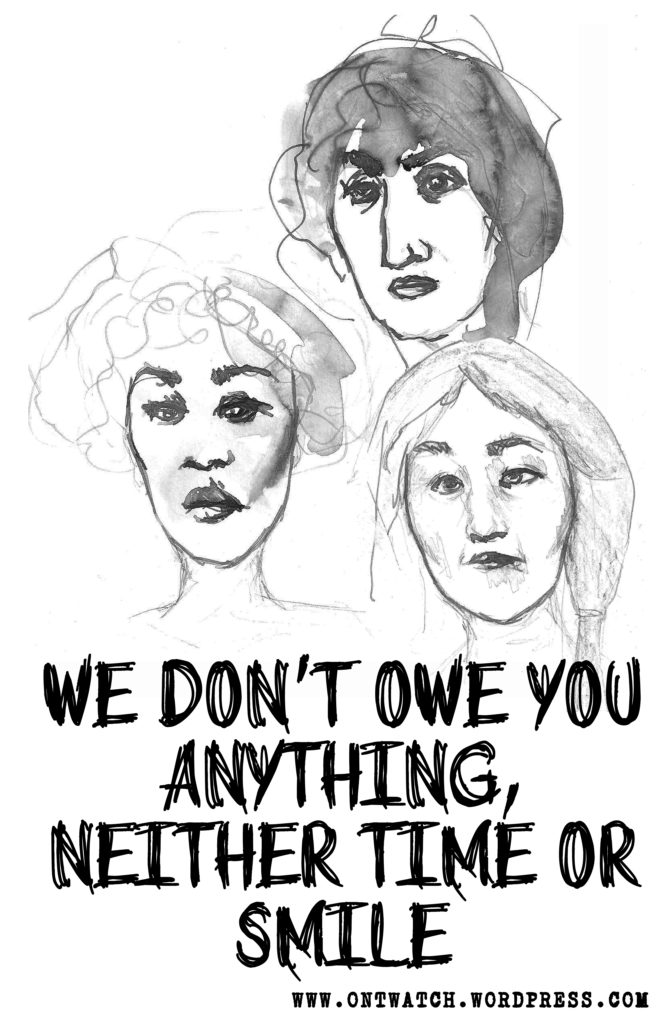Alexandra Jurecko, Montreal, Canada, SSH Blog Correspondent

Montreal is often praised for its efforts in promoting women’s safety in the city’s public spaces, and examples of such programmes include the creation of glass-walled metro exits for greater visibility, or the between stops drop off-services provided to women travelling on city buses at night. While Montreal has taken steps to increase the safety and mobility of women, this does not mean that gender-based harassment is a thing of the past. Not even close.
Sexual assault, cat calling, groping, sexist slurs, and all the other forms of gender-based harassment are still a daily fare for many women, members of the LGBTQ community and even men across the city. As accusations of violent sexual assaults frequently find their way into the local news, experiences of street harassment or non-violent assault are often only shared on social media.
During this year’s International Anti-Street Harassment Week, Women in Cities International in partnership with Lucie Pagès and Noémie Bourbannais, took to the streets to raise awareness for street harassment issues in Montreal. In the resulting video, many of those interviewed shared their personal stories of street harassment, describing their experiences as “uncomfortable”, “demeaning” and even “threatening” at times.
After this year’s Osheaga festival, a well-known music and arts event held every summer in Montreal, a concert-goer took to social media to share her experience of sexual assault and to criticize the festival staff for their lack of support: “Getting drugged at a festival against your will and without your knowledge, with the premise of potentially taking advantage of your vulnerability is NO JOKE, and should never be brushed off as it is a serious security concern and a violation of someone’s body”.
Earlier this year, after recording an ever-increasing number of sexual harassment complaints on public transport, Montreal police have launched a campaign calling on transit users to report all such incidents to the police. According to a report published by the Montreal public transport agency, Société de transport de Montréal, 30 accounts of sexual touching and 35 complaints of exhibitionism have been reported by metro users in 2015. However, reading through the hundreds of entries on Montreal HollaBack, a blog mapping accounts of street harassment across the city, it becomes painfully clear that this is just the tip of the iceberg.
As numerous as the stories of sexual assault are, as great are also the efforts of those who work to end gender-based harassment in the city. Non-profit networks such as Women in Cities International with the support of local activist groups lead the way in raising awareness for sexual violence issues in Montreal. As Kathryn Travers from Women in Cities International says, “Once you open your eyes to this, you can’t close them again”.
In the following weeks, I would like to take this opportunity to talk about street harassment in Montreal by sharing the stories of Montrealers who have experienced gender-based assaults and who are speaking out against it.
Alexandra is a freelance writer and recent graduate of Heidelberg University in Germany, where she earned a BA in South Asian Studies and English Literature. Having moved across the pond to live and work in Montreal, she now focuses on refreshing her French skills while volunteering her time to various community-outreach programs. You can follow her on twitter @alexjurecko.
